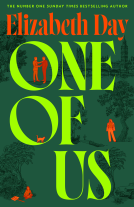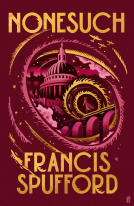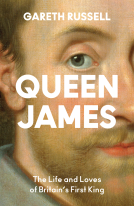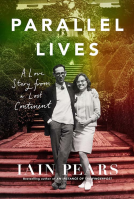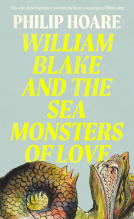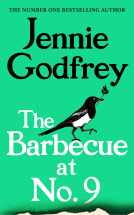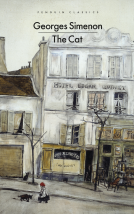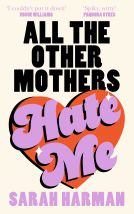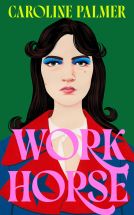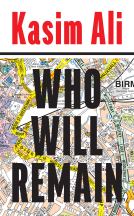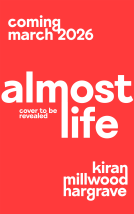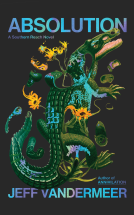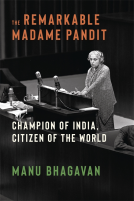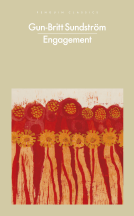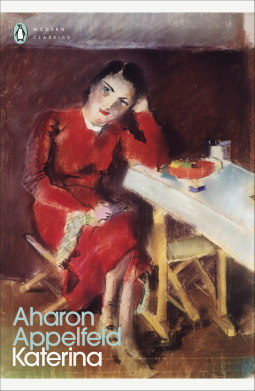
Katerina
by Aharon Appelfeld
This title was previously available on NetGalley and is now archived.
Send NetGalley books directly to your Kindle or Kindle app
1
To read on a Kindle or Kindle app, please add kindle@netgalley.com as an approved email address to receive files in your Amazon account. Click here for step-by-step instructions.
2
Also find your Kindle email address within your Amazon account, and enter it here.
Pub Date 15 Aug 2024 | Archive Date 5 Sep 2024
Penguin Press UK – Allen Lane, Particular, Pelican, Penguin Classics | Penguin Classics
Description
‘Read this book . . . what a gift of lyric language and style, of emotion purified by pain this is’ Los Angeles Times
Fleeing an abusive home, Katerina, a teenager in 1880s Ukraine, is taken in by a Jewish family, finding safety in their warmth and rituals. When a pogrom is wrought upon the family, she is alone again. Decades later, having suffered and retaliated for that suffering, an elderly Katerina is released from prison at the end of World War Two, and is devastated to find a world emptied of its Jews. Ever the outsider, she realizes that she has survived only to bear witness to the fact they ever existed at all. Described by Aharon Appelfeld as being ‘about what is inseparable from me’, this extraordinary novel tells, with moving simplicity, the story of a people; of life’s horror and beauty.
‘Appelfeld reimagines the place of his own origins through a perspective that in its generosity of feeling recalls Tolstoy and Chekhov’ The New York Times Book Review
Translated by Jeffrey M. Green
Available Editions
| EDITION | Other Format |
| ISBN | 9780241681190 |
| PRICE | £9.99 (GBP) |
| PAGES | 192 |
Available on NetGalley
Average rating from 6 members
Readers who liked this book also liked:
Philip Hoare
Arts & Photography, Biographies & Memoirs, Nonfiction (Adult)
Sarah Harman
General Fiction (Adult), Mystery & Thrillers, Women's Fiction
